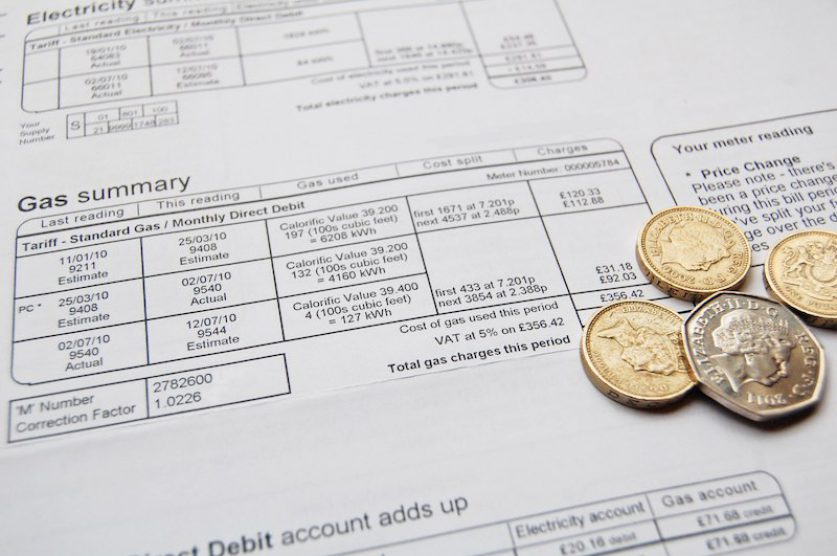
The energy price cap introduced under Theresa May has failed to protect consumers from rip-off tariffs because it uses the wrong kind of limit, a Tory MP who campaigned for the cap has claimed.
John Penrose said the price difference between default tariffs and the cheapest deals on the market had risen again to £300, a similar level to before the cap was implemented in January 2019.
That’s left the problem of rip off tariff “just as bad today as it was before the cap began,” he wrote in an article for The Telegraph.
Penrose, a former Cabinet Officer, attributed the failure of the cap to its use of absolute limit on prices, which he said was a “compromise” that MPs warned would be ineffective.
Instead, the cap on overall bills should be replaced with a £150 limit on the price difference between default tariffs and the cheapest deals on the market, he said.
Penrose led the campaign to persuade Theresa May to introduce the cap, after the idea was mooted by Ed Miliband in the 2015 general election. But he saw the initial proposal for a relative cap be replaced by an overall limit on bills, a compromise he now says was “fatal.”
“We created the wrong kind of price cap. It’s set by the regulators at Ofgem every six months and, as I argued at the time, they’re bound to get it wrong … because it’s impossible to know what the international wholesale price of gas will be in six minutes from now, let alone six weeks or six months in the future,” Penrose wrote.
“The rip-off is the size of the gap between the best prices which you or I could have got if we remembered to switch to a different suppler, and the price of the default tariff that most of us pay. And the rip off gap is just as bad today as it was before the cap began.”
He said the initial level of the cap, effective from 1 January to 31 March 2019 reduced the gap between default tariffs and deals to just £170. But the revision of the cap on 1 April took the price difference to nearly £400—a result he said was “dreadful.”
The current level of the cap, effective since 1 October, is £1,179 for a dual-fuel tariff with typical use. The cheapest deals on the market are around £300 less than that.
A relative £150 limit would therefore reduce the amount customers are overpaying by half. Customers who failed to switch supplier and remained on default tariffs would “know we were paying a bit more, but not too much,” Penrose said.
A spokesperson for the Department for Business, Energy and Industrial Strategy (BEIS) said a relative cap would lead to price increases.
“Independent experts and the regulator agree that changing from an absolute cap could increase prices for many consumers and limit competition.”
Ofgem defended the cap, saying it had protected 11 million households from paying an unfair price for their gas and electricity.
In December, the regulator claimed that the cap had saved inactive energy customers between £75 and £100 on their bills in 2019, a collective savings of £1 billion.
However, Ofgem “encourage[d] customers to continue to shop around and switch to cheaper fixed term deals to save even more money on their bills,” a spokesperson said.
The price cap will next be adjusted on 1 April, with the announcement of the new level expected in February.




